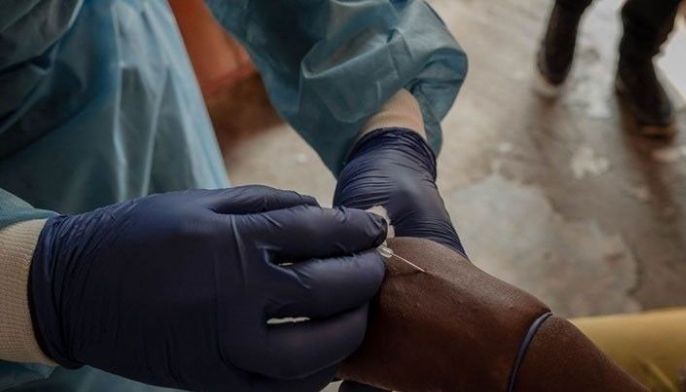MANILA, Philippines — Amid the rising cases of mpox in the National Capital Region, the Metro Manila Council (MMC) will launch a massive information campaign to raise awareness about the disease.
During a meeting of the MMC attended by Health Undersecretary Gloria Balboa on Wednesday night, MMC president and San Juan Mayor Francis Zamora proposed the conduct of the information campaign so the people will know more about mpox.
Balboa said the 11 mpox cases from Metro Manila are aged 26 to 41. Of the figure, 10 are male and one is female.
The patients had no record of travel, but they all admitted having sex before catching mpox, according to Balboa.
“The Department of Health (DOH) can hold town hall meetings or call barangay officials so they will learn about mpox,” Zamora said.
Balboa said the DOH has been coordinating with local government units (LGUs) and distributing education materials about mpox.
Zamora pointed out that the campaign against mpox should include how LGUs manage and make interventions once more confirmed cases are recorded.
He noted that only the Research Institute for Tropical Medicine (RITM) has the capacity to test mpox.
“If someone manifests symptoms of mpox, he or she should notify the DOH so it can refer the patient to the RITM,” Zamora said.
According to the DOH, the 11 mpox cases in Metro Manila brought to 15 the total case count.
The other four cases are from Calabarzon (Cavite, Laguna, Batangas, Rizal and Quezon) and Cagayan Valley region.
Balboa said the detection of more mpox cases, mostly in Metro Manila, is “not alarming” since it is not airborne.
She said mpox is transmitted through “close, intimate, skin-to-skin contact such as kissing, hugging, cuddling and sexual acts.”
Balboa, however, underscored the need to practice health measures such as frequent handwashing, disinfection and bringing own utensils and towels, especially in high-risk establishments such as fitness gyms and spas.
As a precautionary measure, the DOH also added questions related to potential mpox exposure in the passengers’ eTravel or the online travel declaration form required at the airports.


